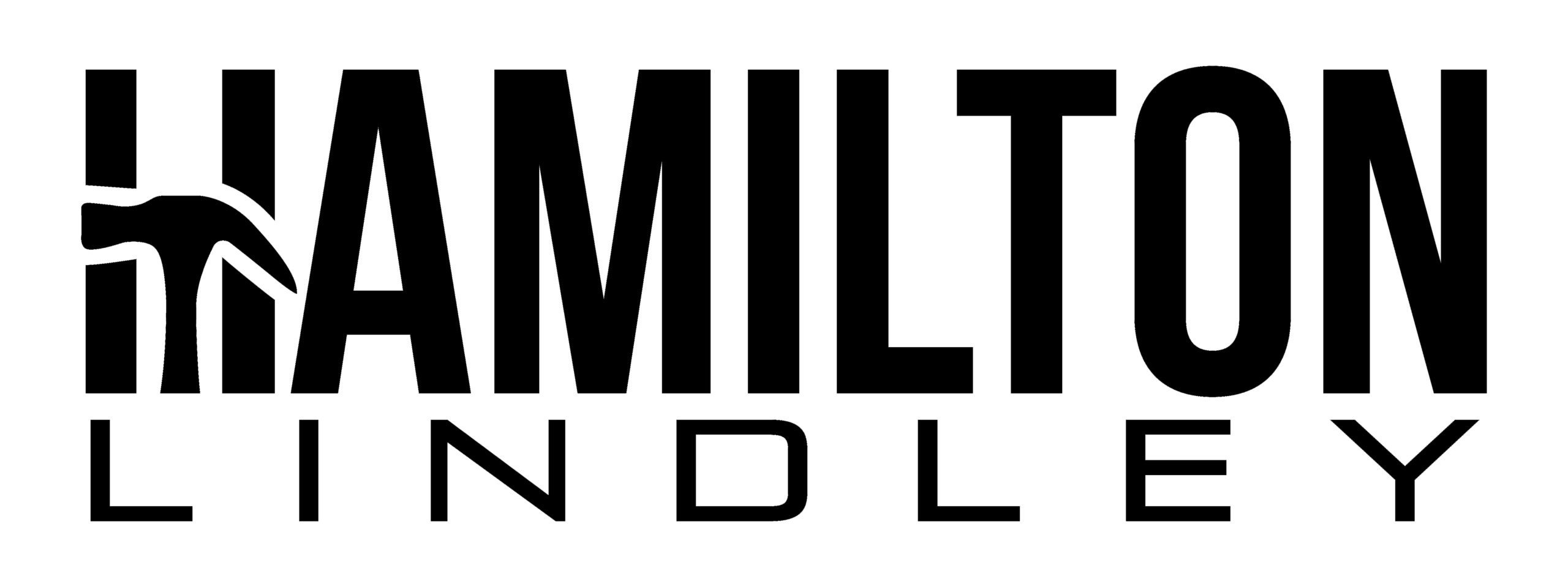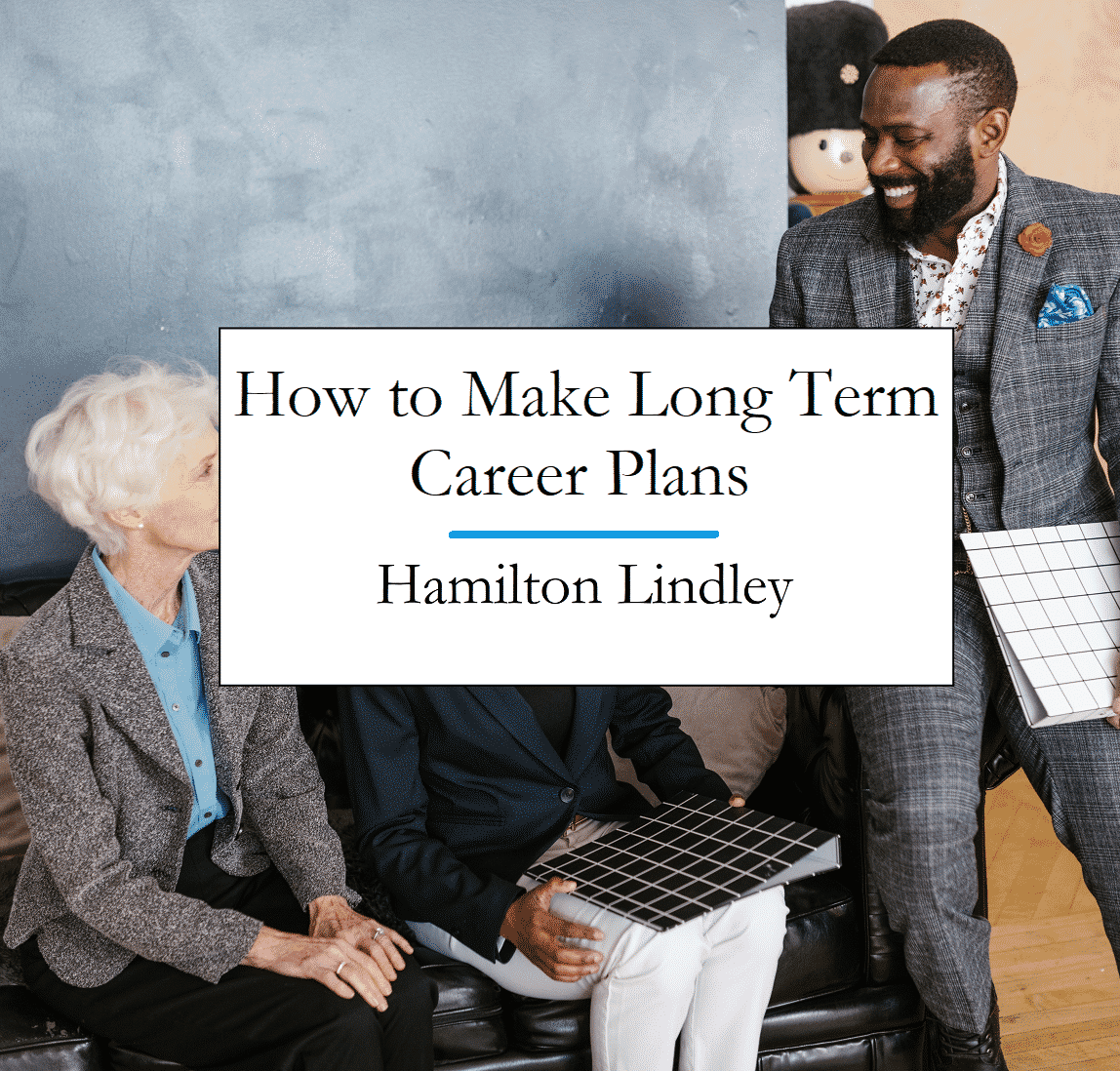It isn’t easy to achieve our long-term career goals. But if you know what you want to achieve, you’ll have a better idea of how to get there. Begin with the end in mind, work backward to the present day, and diligently follow through.
The previous two years have thrown our plans into disarray. We now work in hybrid and remote workplaces, and many of us moved to different locations. That transformed the way we think about work.
Most workers want long-term job planning instead of drifting to seize opportunities. But how can you develop a strategic mindset when you’re not sure where you want to end up? Here are four tactics that can help you achieve your long-term objectives.
Make a list of what you don’t want.
We pressure ourselves to imagine a hypothetical future for our jobs. That’s because we want to avoid uncertainty and lose social standing. But that pressure can cause us to make impulsive decisions. So use the inverse approach. List what you don’t want and then take actions to prevent it. It’s easier to pinpoint what you know you don’t like than it is to imagine a possible future.
For example, you may decide that you never want to work for a micromanaging boss again, that you’ve had enough of your industry, or that you no longer want to work hands-on and want to take on consulting. These are valuable pieces of information you can use to assemble a more realistic image of what you want.
Design hypothetical situations using data.
We all know that doing everything at once is impossible. But it’s difficult to resist the allure of too many goals. So we should confine our focus. Exploring a dozen jobs is a huge waste of time that may keep you from any real progress. Instead, use a methodical approach. Accumulate data points on each profession. These can range from informational interviews to reading industry assessments. Those data points can help you identify reasons to rule out a career.
Consider how you may limit your possibilities, and then choose one path as your temporary theory for where you want your career to go. You can always change your mind. But this way, you’ve made an informed decision while strategically working toward a realistic objective.
Make progress on the fundamentals.
Focusing on foundational abilities will make you stronger, regardless of which path you ultimately choose. For example, learning to write in a specific computer language may not be beneficial if you leave engineering, but improving your public speaking abilities or polishing your time management skills will be valuable in any job.
Take an inventory of your emotional and mental resources.
Everyone has been exhausted during the last two years, but we’ve all been affected differently depending on our circumstances. Some of us are working remotely and living alone. Others are being interrupted by their family. It’s important to understand that our lives run in cycles. We must recognize where we are in that cycle. It is one of the most critical aspects of thinking strategically about your job.
Did you languish or were you pushed to the edge during the pandemic? If you’re just trying to stay afloat, now isn’t the best time to go all-in at work. Instead, you may need to manage your energy and recognize that the best thing you can do for your long-term career success is to take a well-deserved break. It is okay to put off setting ambitious new goals for yourself for the time being — and not punish yourself for it.
Short-term demands often intrude on our long-term professional plans, and this is especially true during a moment of communal catastrophe. Even if we aren’t sure where we want to go, adopting these techniques will ensure that we are taking the proper measures to get away from what isn’t working for us and into a more promising future.

